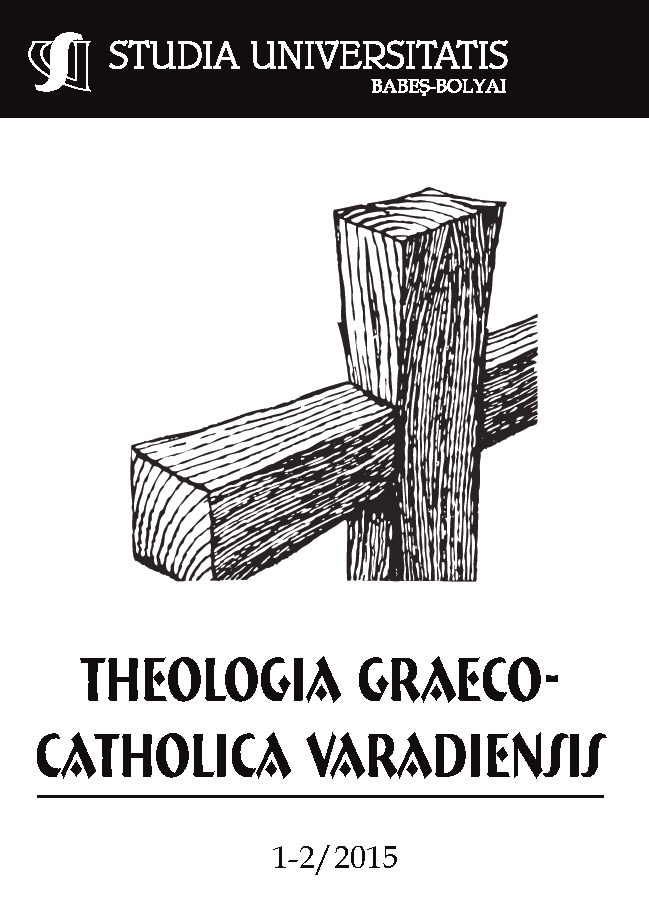“AUTONOMIA” E VALORE “ETICO” DELL’ARTE CROCE SU HÖLDERLIN E MANN
Keywords:
freedom, art, moral, dictatorship, Europe.Abstract
The Ethical ”Autonomy” and ”Value” of Art. Croce about Hölderlin and Mann. Benedetto Croce was “Philosopher of freedom” for at least three reasons: he developed a deep theoretical conception of freedom; he set himself through his works against totalitarianism in general and fascist dictatorship in particular; he “freed” the forms of the spirit from their inappropriate traditional definition by vindicating their autonomy. Croce’s conception of freedom as leading idea and criterion of judgement of the reality makes both possible and necessary to defend a kind of art that, albeit autonomous, has a profound ethical value. On behalf of such an art, Croce criticizes the “Hölderlin’s revival” of the early 20th century, which appears to him as the symbol of the “moral illness” that will have led to the Second World War. In the name of the same art, Croce dedicates his Storia d’Europa to Thomas Mann, who, as he, could distinguish the real homeland from his own country, subjugated to a crazy politics of power. In today’s multi-ethnic and multicultural society, where not only the concept of “nation”, but even those of “Europe” seems to have lost its significance, Croce’s teaching could constitute an example of loyalty to ownself capable to open up a dialogue with the Other, in order to form a new and richer civilisation.
RIASSUNTO. “Autonomia” e valore “etico” dell’arte. Croce su Hölderlin e Mann. “Filosofo della libertà” Benedetto Croce lo è stato per almeno tre motivi: per aver elaborato una profonda concezione teoretica della libertà, per essersi opposto con i suoi scritti al totalitarismo in generale e alla dittatura fascista in particolare, per aver “liberato” le forme dello spirito dalle loro inappropriate definizioni tradizionali, rivendicandone l’autonomia. Il concetto crociano della libertà come idea guida e criterio di giudizio della realtà rende possibile e al contempo necessaria la difesa di un’arte che, sebbene autonoma, sia dotata di un profondo valore etico. In nome di quest’arte Croce critica la “Hölderlin-Renaissance” di inizio Novecento, che gli appare come il simbolo della “malattia morale” che avrebbe condotto alla seconda guerra mondiale, e dedica la sua Storia d’Europa a Thomas Mann, come lui capace di distinguere la patria autentica da uno Stato asservito a una folle politica di potenza. Nell’odierna società multietnica e multiculturale, dove non solo il concetto di “nazione”, ma persino quello di “Europa” sembra aver smarrito il suo significato, l’insegnamento di Benedetto Croce può costituire l’esempio di una fedeltà a se stessi capace di aprirsi al dialogo con l’altro, in nome della formazione di una civiltà nuova e più ricca.
Parole chiave: libertà, arte, morale, dittatura, Europa
Downloads
Published
How to Cite
Issue
Section
License
Copyright (c) 2015 Studia Universitatis Babeș-Bolyai Theologia Graeco-Catholica Varadiensis

This work is licensed under a Creative Commons Attribution-NonCommercial-NoDerivatives 4.0 International License.





 ©Studia UBB Theologia Graeco-Catholica Varadiensis. Published by Babeș-Bolyai University.
©Studia UBB Theologia Graeco-Catholica Varadiensis. Published by Babeș-Bolyai University.